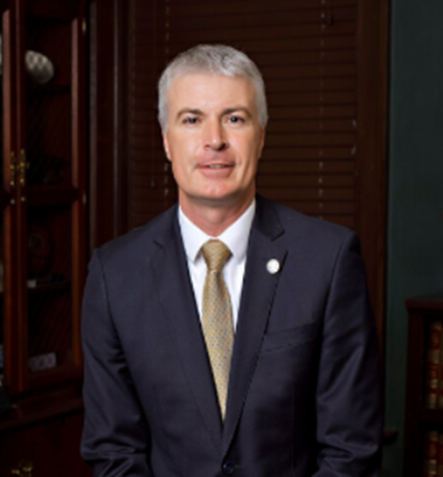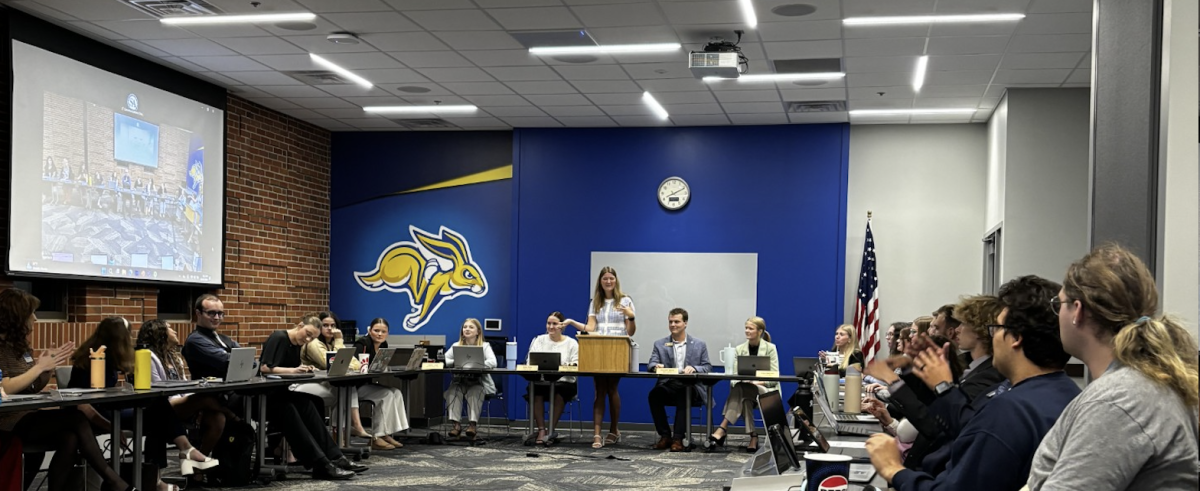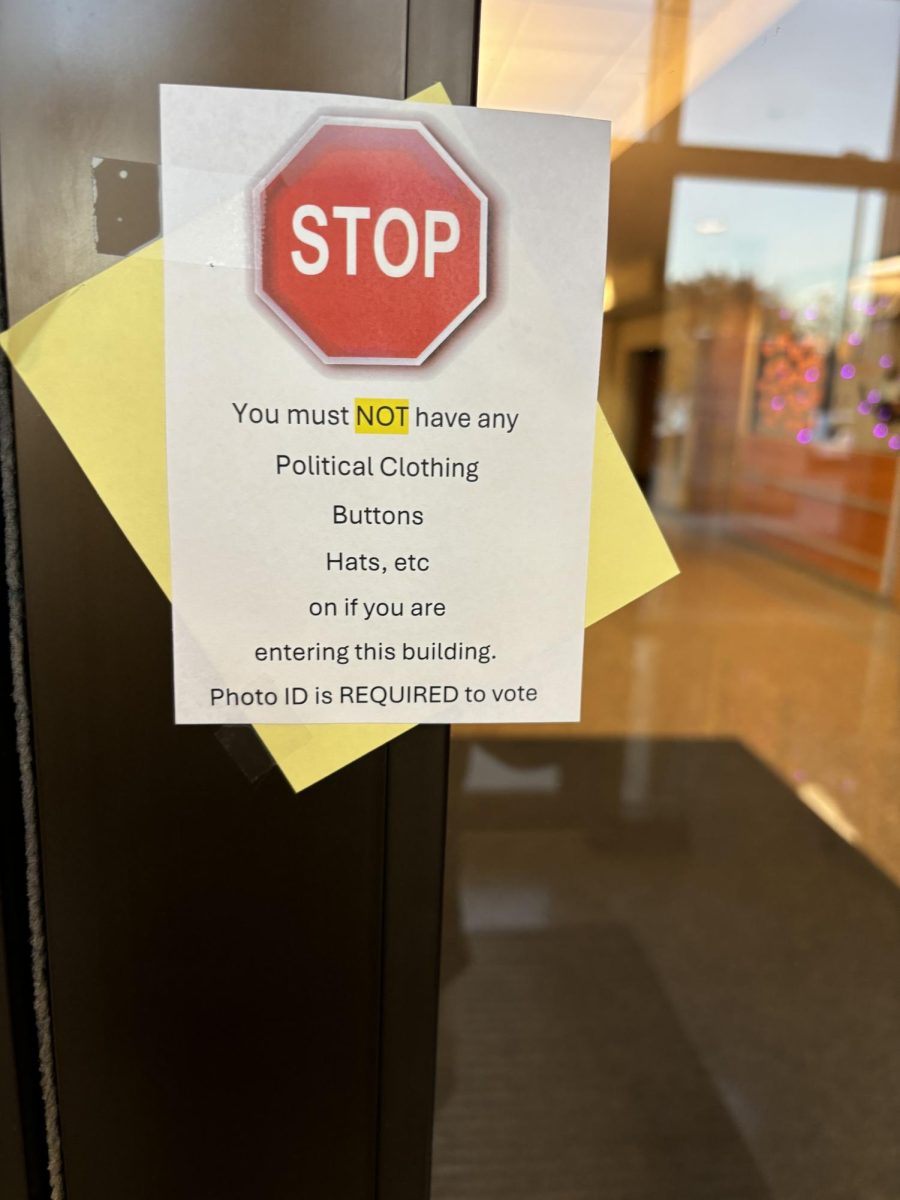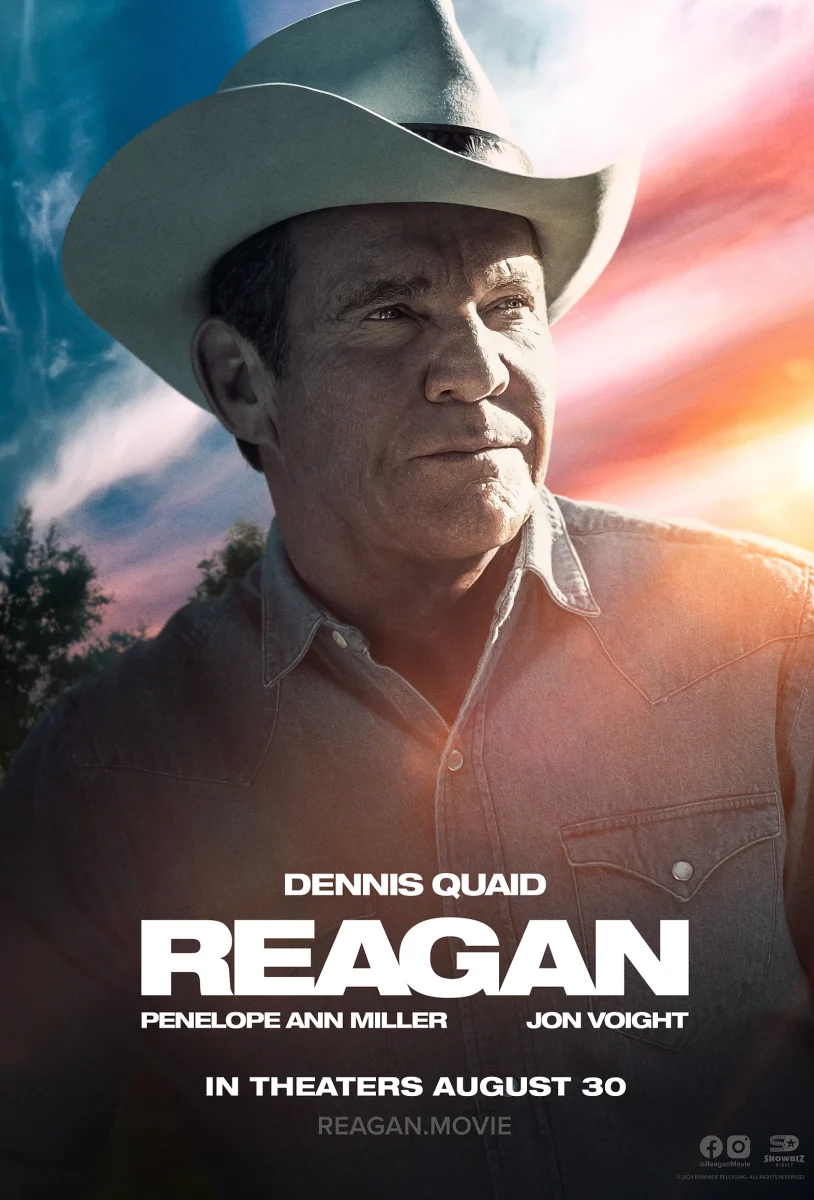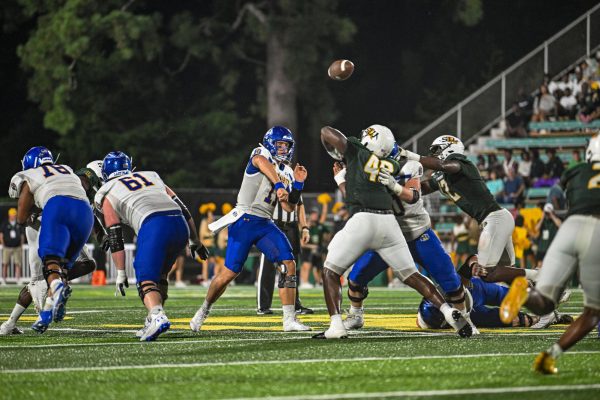Radio station abuses freedom of speech
January 31, 2005
The number of casualties has crossed well past the 200,000 mark, though the exact number of victims will probably never be known. Thousands were engulfed by the monstrous waves and swept out to the sea. Others were crushed to death instantly under the impact of the collapsing buildings, tress ripping apart and the ground sinking beneath their feet. To others, the end was slow to come, trapped as they were for days under piles of mud and debris.
The arc of devastation is spread across twelve countries. Complete islands have disappeared. The economic cost of the damage is in the neighborhood of several billion dollars. As per the estimates of the International Labor Organization, one million jobs have been lost in Indonesia and Sri Lanka.
That is the magnitude of the tsunami that wreaked havoc in South and Southeast Asia on the mornings of Dec. 25 and 26, 2004. The calamity has left an indelible mark on the face of the region and its repercussions will be felt for a long time to come. The lucky few, who were spared nature’s fury, will forever be haunted by the memories of this deadly disaster.
No one in a right frame of mind will dispute the enormity of the catastrophe and the concomitant horror. But the thoughts of a New York hip-hop radio station seem to run counter to the majority opinion. Around mid-January, the crew of WQHT or HOT 97 chose to air a song that mocked the victims of the tsunami.
The song, now famous (read infamous) as the “tsunami song” is a parody of a 1985 song “We Are the World” sung in a charity concert to raise money for the famine-affected in Africa. While the latter speaks of a “Time when the world must come together as one … And its time to lend a hand to life … The greatest gift of all …We are all a part of God’s great big family… And the truth – you know love is all we need”, the lyrics of the former read: “There was a time when the sun was shining bright … Then the next thing I knew, a wave twenty feet high…Came and washed your country away… And all at once you could hear the screaming chinks… You could hear God laughing, ‘Swim, you bitches, swim!’… I just saw her float by; a tree went through her head…And now your children will be sold to child slavery.”
The station is known for its “shock jocks.” Whether the songwriters were afflicted with a case of acute creative bankruptcy or were being deliberately callous, there is no denying that the track was shell-shocking. It smacks of colossal insensitivity and racial intolerance. It is ironical that this brutish song should be based on one sung for a very noble cause.
The First Amendment of the U.S. Constitution guarantees the freedom of expression. The Federal Communications Commission (FCC) in recognition of that provision does not meddle with the rights of radio and television stations to select material for their news or entertainment programs. In other words, they are their own masters when it comes to deciding the content of their broadcasts.
And that’s not a bad thing at all. Democracies would be robbed of their heart and soul without the guarantee of the freedom of expression. But what happens when a handful of people abuse this concept? They misuse the airwaves to broadcast what may be termed as “hate speech” – words, written or spoken that attack individuals or groups because of their race, ethnic background, religion, gender or sexual orientation. The “tsunami song” clearly ridicules the people of Southeast Asia (Indonesia, Malaysia, Thailand) by calling them “chinks” and gloats at their suffering.
Though the show was taken off the air following an aria of protests from various quarters – listeners, sponsors and Asian immigrant organizations – the episode begs us to understand the relevance of “cultural liberty” in our society. In an increasingly globalized world, it is not just enough for people to have social, political and economic rights. Freedom will remain incomplete until such time that some people scoff at others on grounds of the color of their skin, lifestyle, religious practices or customs.
While we acknowledge the value of freedom of expression as one of the fundamental rights, it is equally important to realize that in an increasingly multicultural environment, we need to respect others’ sensibilities. Freedom of expression should not become a license to say anything, and anything we want.
The mass media has great power. And with power, comes responsibility.
Alakananda Mookerjee is a journalism graduate student.
#1.885225:2196288160.jpg:Ally photo.jpg::

